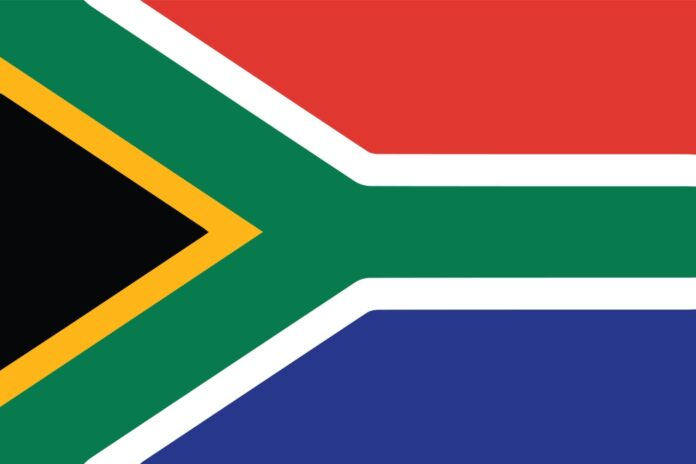Ralph Mupita says the South African Competition Commission’s decision goes against global trends
MTN Group’s CEO, Ralf Mupita, has expressed surprise that South Africa’s Competition Commission has blocked the proposed merger of Vodafone’s fibre unit with Vumatel and Dark Fibre Africa.
A South African newspaper has quoted him saying, “I think we were surprised by the ruling. I think the part that surprises us particularly is looking at fixed wireless access and fibre as markets in and of themselves.
“We always looked at it as forms of technology to get to customers. Our position on consolidation still remains intact and in fact has been reinforced by what we are seeing in other markets.”
Vodacom intended to acquire a 30% stake in Maziv, which owns Vumatel and Dark Fibre Africa.
Mupita argued that the current South African market structure for fixed-mobile convergence could not profitably support so many players. He added, “The horse has bolted on that; it’s just a matter of time. We need to accept in South Africa that consolidation is inevitable” and stated only two players could continue to invest in local infrastructure.
Subject close to the heart
Mupita has his own axe to grind in commenting on the regulator’s most recent edict. MTN has tried and failed several times to acquire incumbent Telkom to gain control of its Openserve fibre infrastructure business. The latest attempt collapsed due to perceived regulatory hurdles. More recently, Telkom ruled out accepting any takeover bids.
MTN is trailing behind rivals in fibre build-out in the South Africa and is deploying fixed wireless access (FWA) to help hit its target of passing 2 million premises by 2025.
Part of the Competition Commission’s rationale regarding the Vodafone deal is to encourage greater competition between 5G-enabled FWA and fibre, to give consumers more choice and keep prices down.
Tribunal next
The Commission’s recommendations will be examined at a tribunal where Vodacom and Maziv will have the opportunity to argue their belief that the proposed deal is for the public good and will help close the digital divide as the would make the fibre infrastructure available on a non-discriminatory, wholesale basis.
As the recommendations were still to be argued before the tribunal, Vodacom and Maziv intended to showcase the strong public interest and pro-competitive advantages that the proposed transaction would have on the fibre market, and the country.
Vodacom said the proposed transaction would help bridge the digital divide and enhance competition in the fibre market as the parties had committed to ensuring access to Maziv and Vodacom’s fibre assets through an open access, non-discriminatory pricing model.



